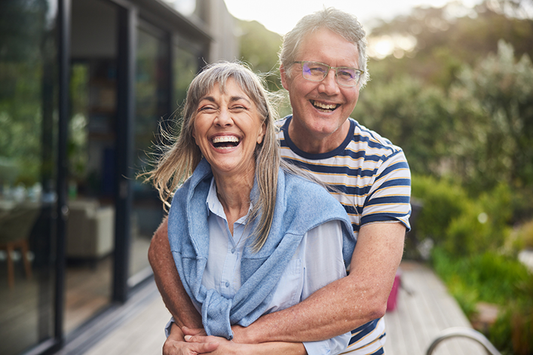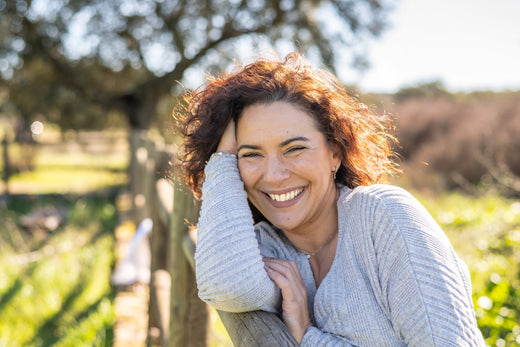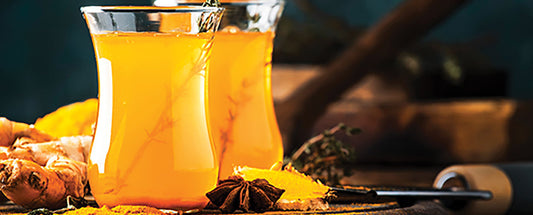How to Prevent Premature Ageing

No one wants to get old.
We live in a beauty focused world, and from a very young age we’re taught to fear fine lines, wrinkles, age spots, and other imperfections that come naturally as the clock winds down. On the other hand ageing is not only about looks. It’s also about what happens to the body internally. Premature ageing can mean many different things on the inside, for example the early onset of prolonged health issues.
Chronological age and biological age are not the same. Ageing is a physiological process that at times is only remotely connected to how old you are. How you look is sometimes a sign of your biological age, but appearances often can be deceptive. Most people are capable of living their lives without pain and suffering caused by lingering degenerative illnesses.
Growing old and getting sick simply are not similar or even inseparable. If you maintain an optimal level of wellness, you should be able to get older without being predisposed to aches and discomfort of pain.
The reasons behind premature ageing
1. Not enough sleep
Most of us know that when we don’t get adequate sleep we don’t look our best. Sleep related premature ageing occurs because the body sees sleep deprivation as a form of stress, therefore releasing the stress hormone cortisol which breaks down collagen. A lack of sleep also diminishes the amount of other hormones within the body like human growth hormone which help to nourish the skin and hair.
During the stage of deep sleep, the pituitary gland in our brain secretes growth hormone. A continuous night sleep is actually one of the few times in the day in which this growth hormone is secreted in adults, and this hormone has a great importance in keeping various body tissues healthy, including the skin tissue. Prolonged lack of sleep is clearly evident on the face and accelerates aging.
2. Smoking
Carbon monoxide is a component from cigarette smoke, which causes blood vessels to contract. When blood vessels are constricted they transport less blood through the body, and therefore reduce the supply of nutrients and oxygen needed by damaged cells which the skin depends on to regenerate.
3. Alcohol
To begin with, there are no nutrients in alcohol. Alcohol can affect your nutrition levels by causing a depletion in healthy nutrients that aid in carrying oxygen throughout your body.
Over indulging inhibits the liver’s production of digestive enzymes, impairing the body’s ability to absorb proteins and fats soluble vitamins such as Vitamin D, E, A and K. It inhibits protein uptake, leading to amino acid deficiencies and reduces the body’s storage of zinc, which can affect the skin as the accumulation of toxic by- products in the deeper layers of the skin that can cause the appearance of capillaries and redness of the cheeks which can make you look older than your biological clock.
Who wants to get old? If you look after your body, your body will look after you.



